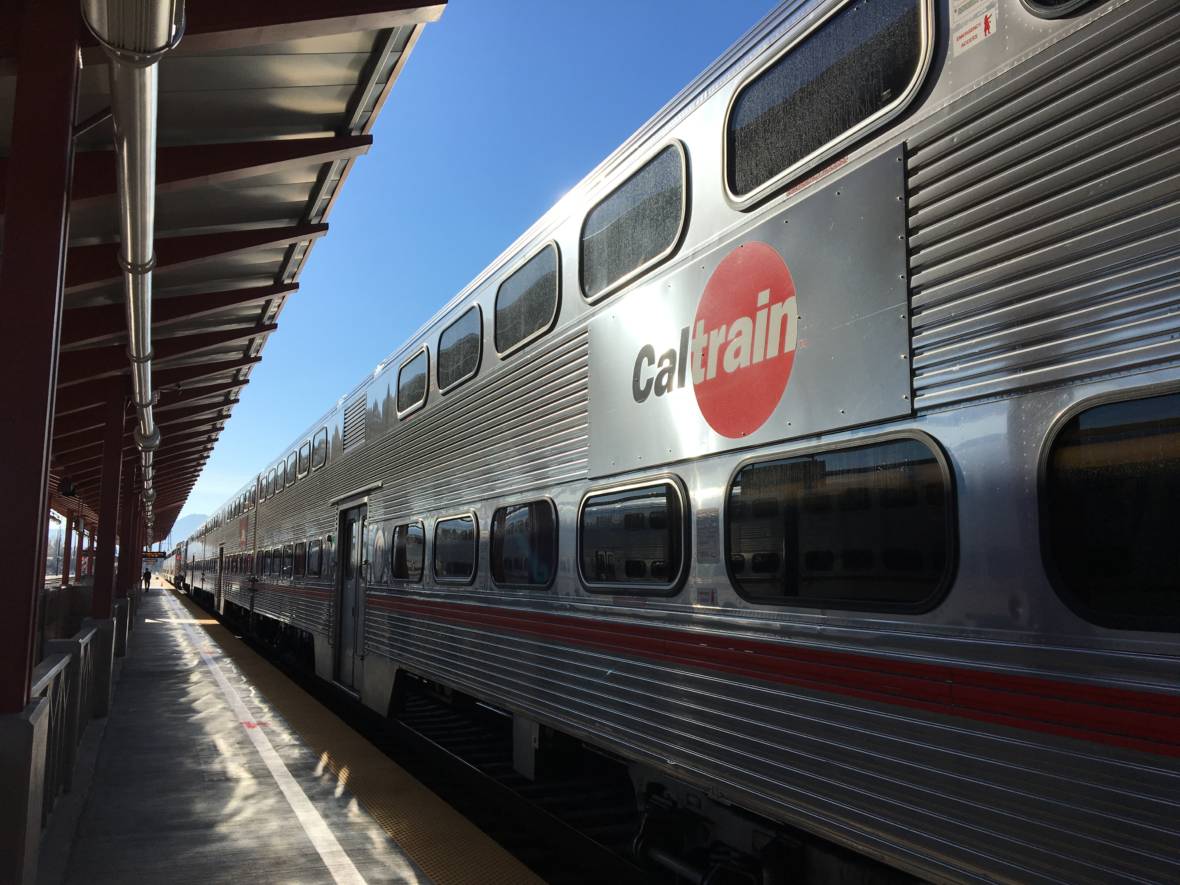We told you last week that Measure RR, the measure that would impose a one-eighth-cent sales tax to support Caltrain, looked like it was on its way to rather easily getting the two-thirds majority it needed from voters in Santa Clara, San Francisco and San Mateo counties.
That's still true today, though there's a little bit of a wrinkle in the results people have been asking us about.
As of Tuesday evening, with the most recent returns from all three counties, Measure RR was getting a 69% "yes" vote. That's obviously well above the 66.66% threshold, and with a rapidly shrinking number of outstanding ballots to count, the tax is a done deal
But here's the thing people are asking about: The vote in two of the three counties involved, San Francisco and San Mateo, is well above 70% "yes." But the vote in the third county, Santa Clara, has actually dropped below the two-thirds threshold and now stands at 65.9%.
So, what gives? Does Measure RR go down to defeat if it fails to get a two-thirds vote in Santa Clara County?

